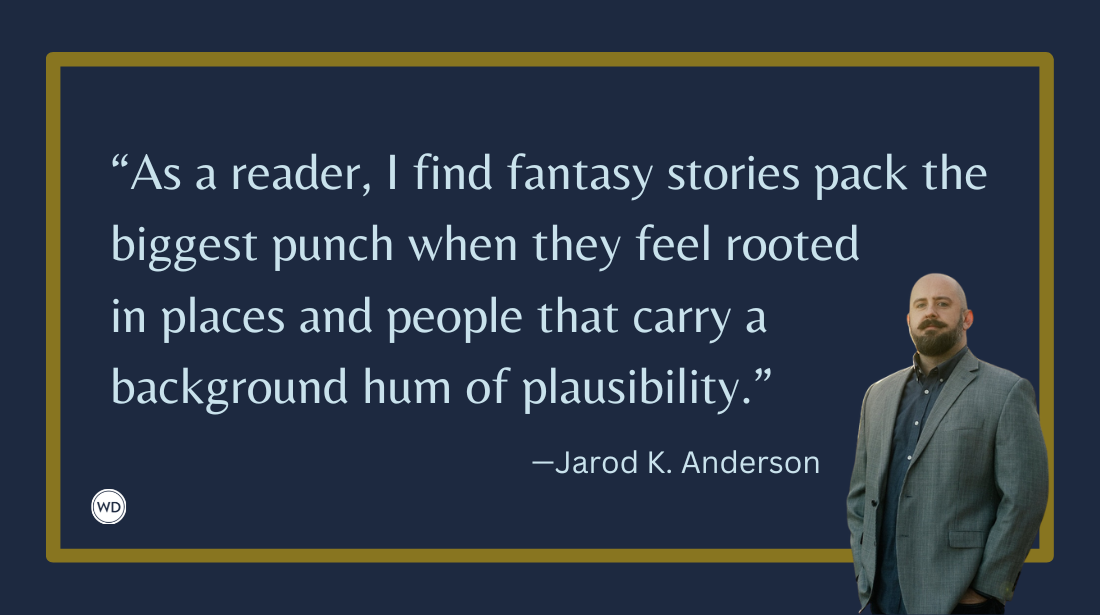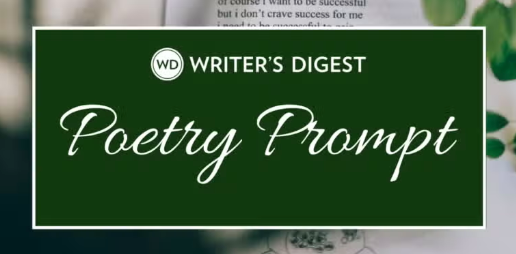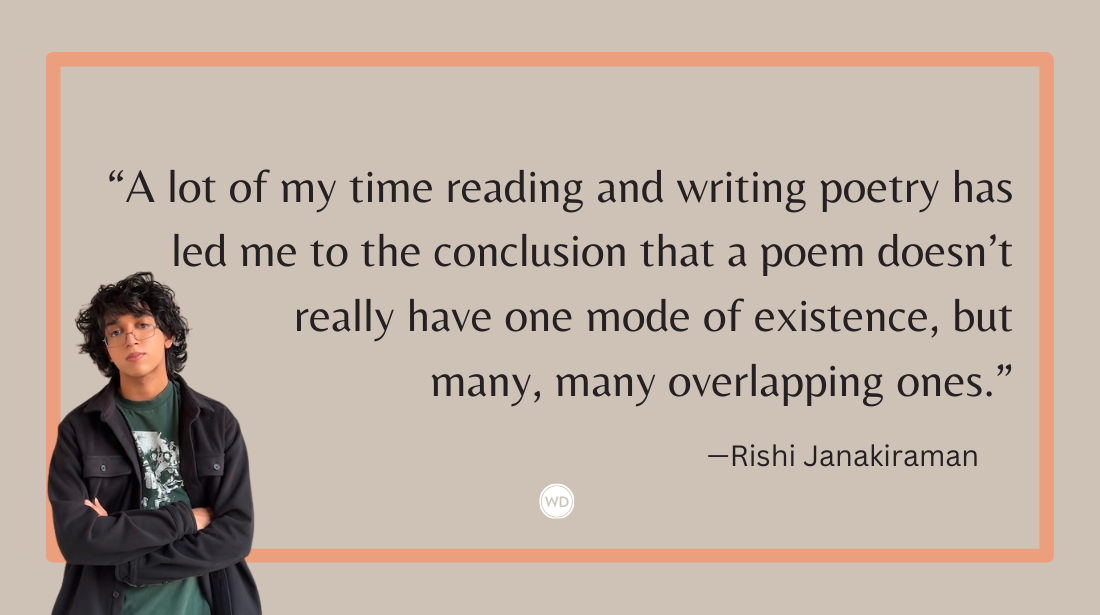Rondel Poetry Form
The rondel is related to the rondeau, triolet, and other French poetic forms, but it has it’s own set of rules, including a rhyme scheme and refrains.
Anyone who's followed this blog for a while knows that I love the French poetic forms, so it's about time I covered the rondel, since it's a close cousin to the rondeau and triolet.
Here are the rondel poetic form rules:
- Poem consists of 13 lines in 3 stanzas
- Rhyme scheme: ABba/abAB/abbaA (uppercase letters are refrains)
- Usually 8 syllables per line
If you wish to write a rondel prime (or supreme), add a 14th line. In fact, rondel prime sounds pretty cool.
*****
Play with poetic forms!
Poetic forms are fun poetic games, and this digital guide collects more than 100 poetic forms, including more established poetic forms (like sestinas and sonnets) and newer invented forms (like golden shovels and fibs).
*****
Here's my attempt at a rondel poem:
"Some Good"
Every day, there is some good;
every day, there is some bad.
Don't worry about what you had
or waste your time knocking on wood,
because this life's misunderstood,
and there's no reason to get mad--
every day, there is some good;
every day, there is some bad.
Crime happens in all neighborhoods,
though in some crime is just a fad.
If you live somewhere safe, be glad
you're well off. Elevate your mood--
every day, there is some good.






